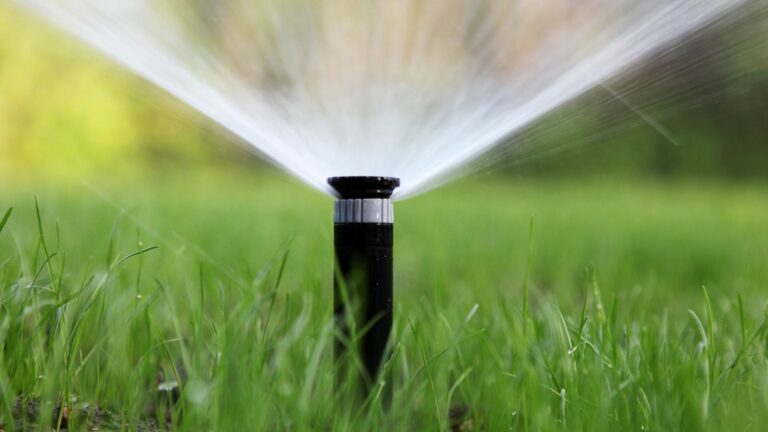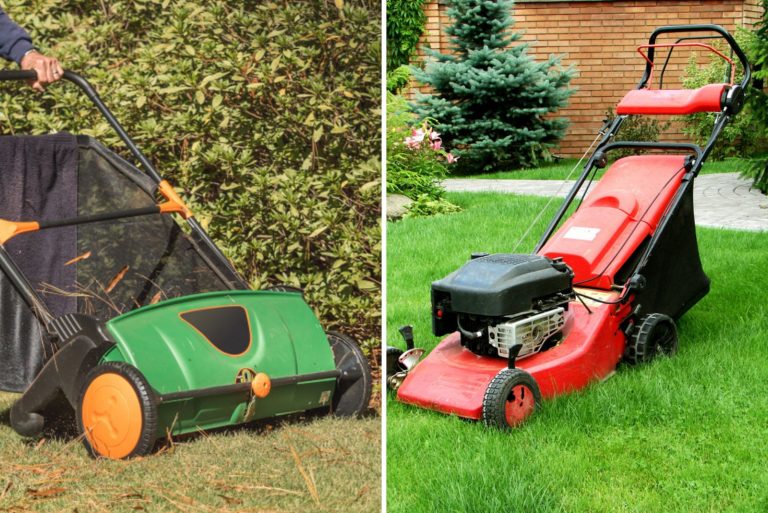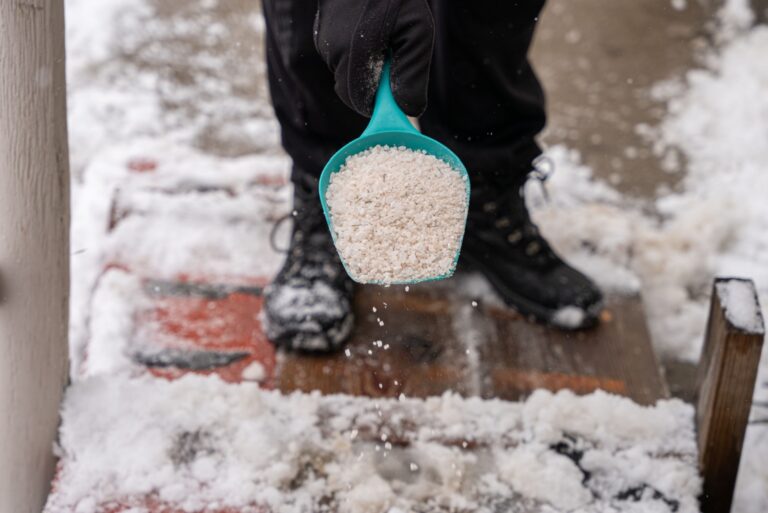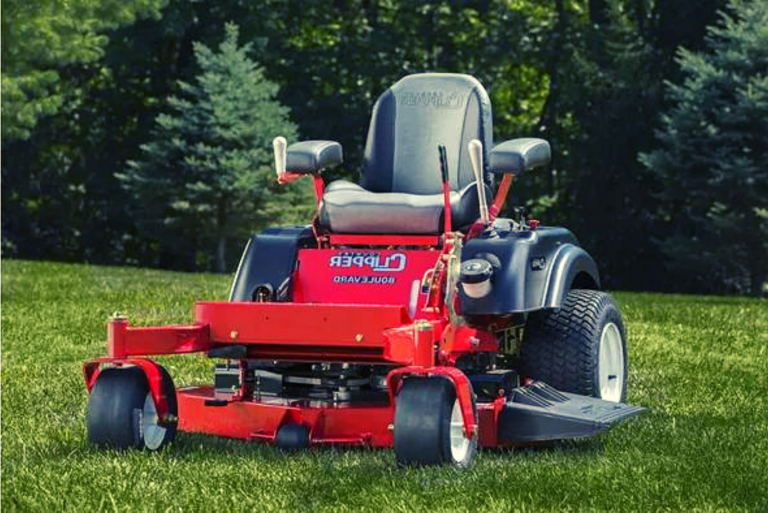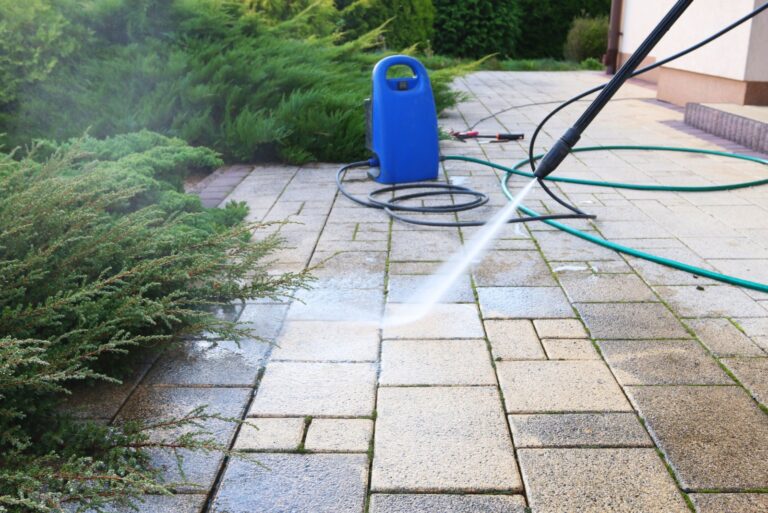Signs That It May Be Time To Replace Your Lawn Mower In Kentucky
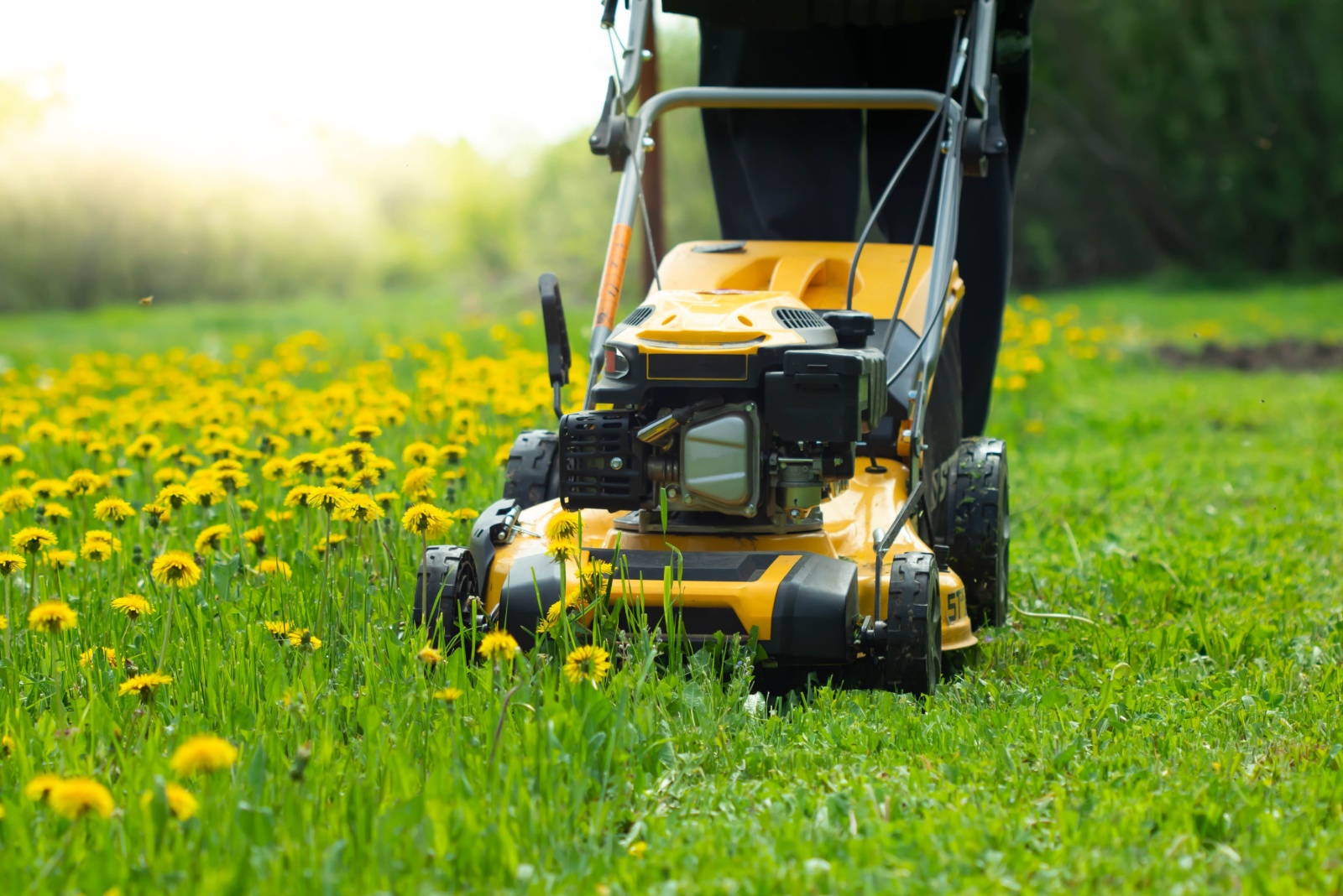
Kentucky’s lush, green lawns demand regular mowing from spring through fall. Your trusty lawn mower works hard through thick grass, rolling hills, and unpredictable weather.
But like any machine, lawn mowers don’t last forever, and knowing when to replace yours can save you frustration and keep your yard looking its best.
1. Stubborn Starting Problems
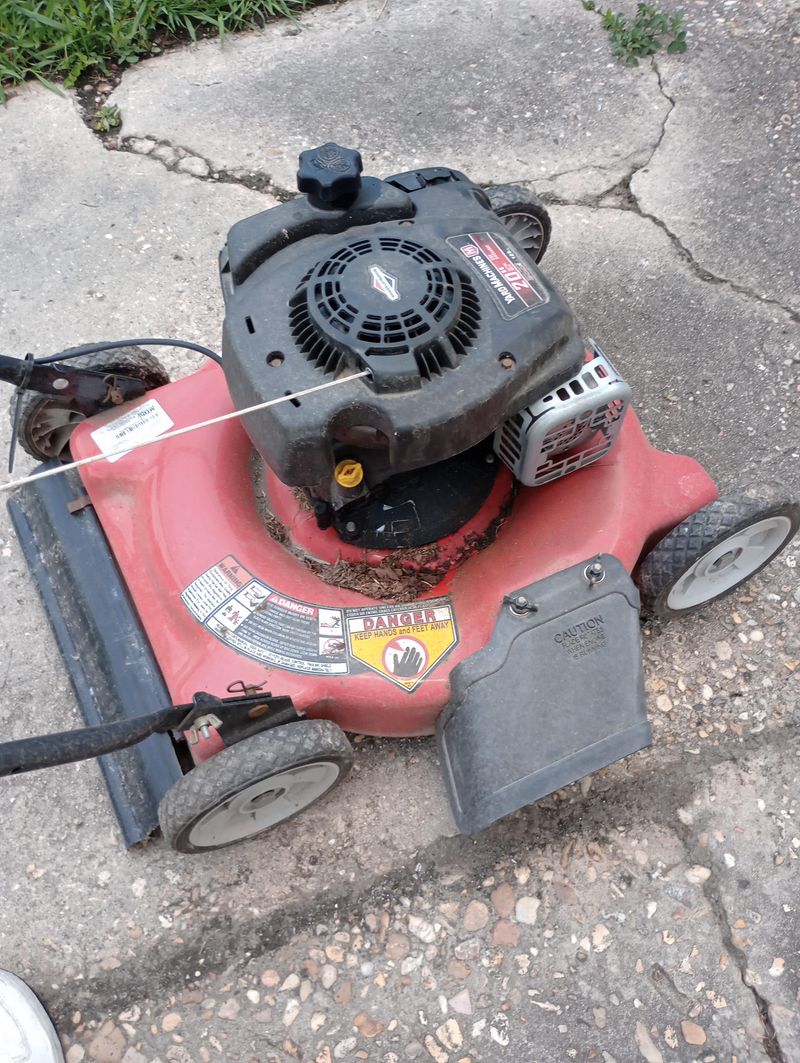
You’ve pulled the cord twenty times, checked the gas, and still nothing happens. Starting difficulties that persist after routine maintenance signal your mower might be ready for retirement.
Kentucky’s humid climate can accelerate wear on electrical components and carburetors. When you’re spending more time trying to start your mower than actually cutting grass, it’s a clear warning sign.
2. Excessive Smoke And Strange Noises
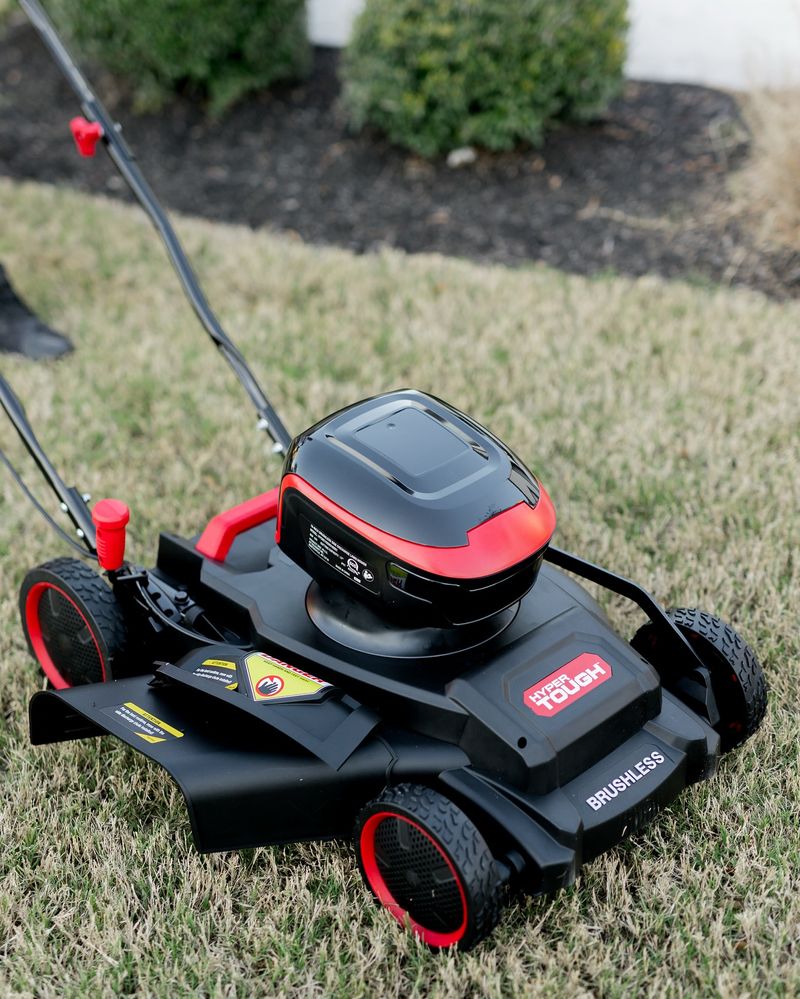
Billowing smoke or unusual grinding sounds aren’t just annoying – they’re your mower’s desperate cry for help. Blue smoke indicates oil burning where it shouldn’t, while white smoke often means fuel problems.
Clanking, knocking, or metal-on-metal sounds suggest internal damage that’s rarely worth fixing. Kentucky’s rocky terrain can accelerate internal wear on older mowers.
3. Uneven Cutting Patterns
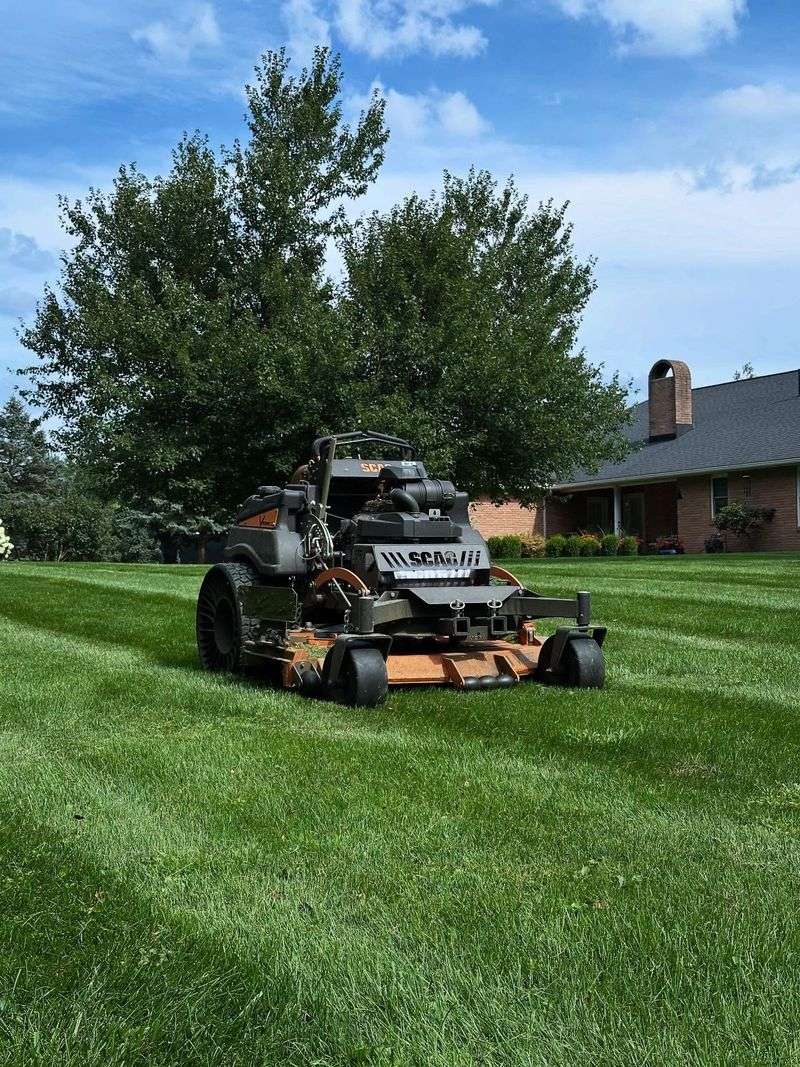
Remember when your lawn looked smooth as a golf course after mowing? Now it resembles a bad haircut with patchy areas and missed strips.
Bent blades, worn bearings, or a warped deck can cause uneven cutting. Kentucky’s mix of fescue and bluegrass requires precision cutting to stay healthy. When your mower can’t deliver a clean cut despite new blades and proper maintenance, replacement makes sense.
4. Rust And Structural Damage
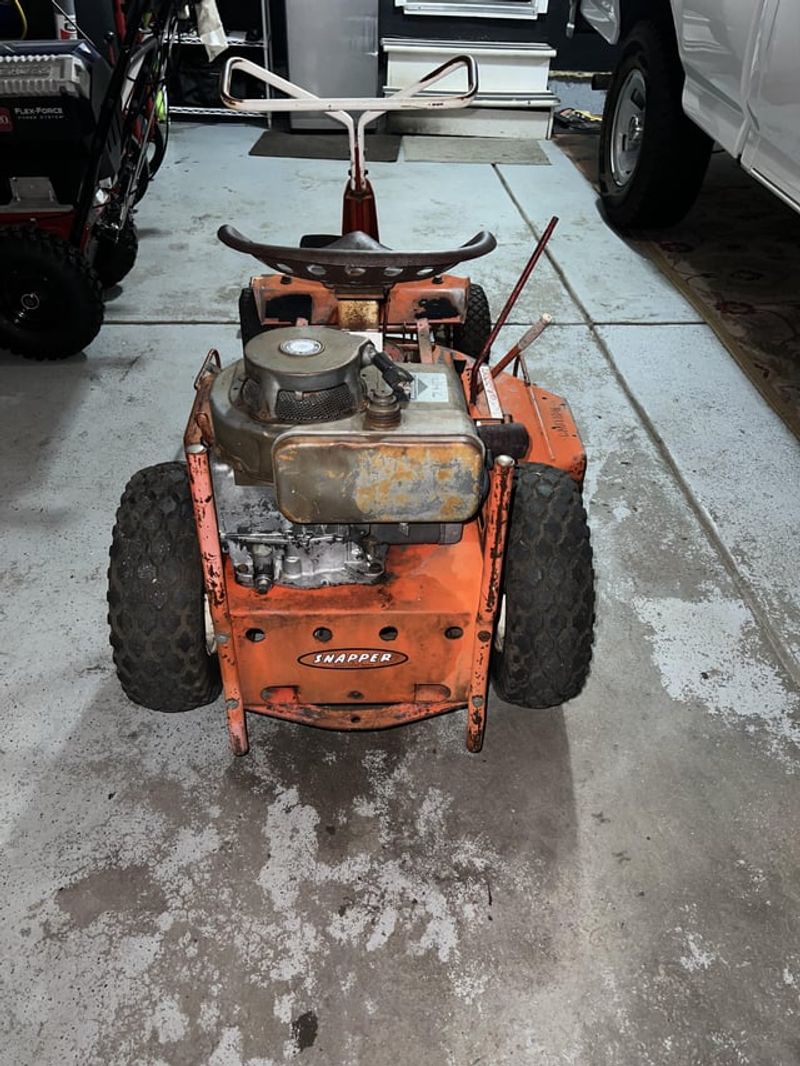
Kentucky’s humid summers and wet springs create perfect conditions for rust. Once rust takes hold of your mower’s deck, it spreads quickly, weakening the structure.
Cracks, holes, or a deck that flexes when pressed indicate serious structural issues. Safety becomes a concern when debris can shoot through rusted areas or when the frame no longer properly supports the engine.
5. Frequent Repair Needs
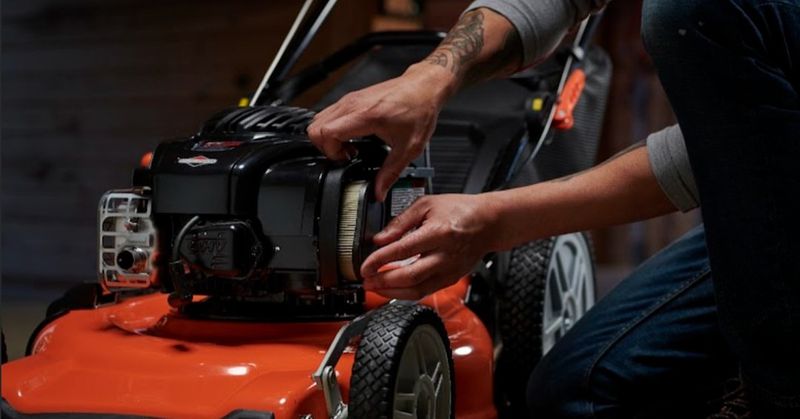
Your local repair shop knows you by name, and you’ve memorized their phone number. When repairs become a monthly routine rather than seasonal maintenance, your wallet is telling you something.
Follow the 50% rule: if a repair costs more than half of a new mower’s price, replacement is usually smarter. Kentucky’s long growing season means your mower works harder than in many other states.
6. Oil Consumption And Leaks
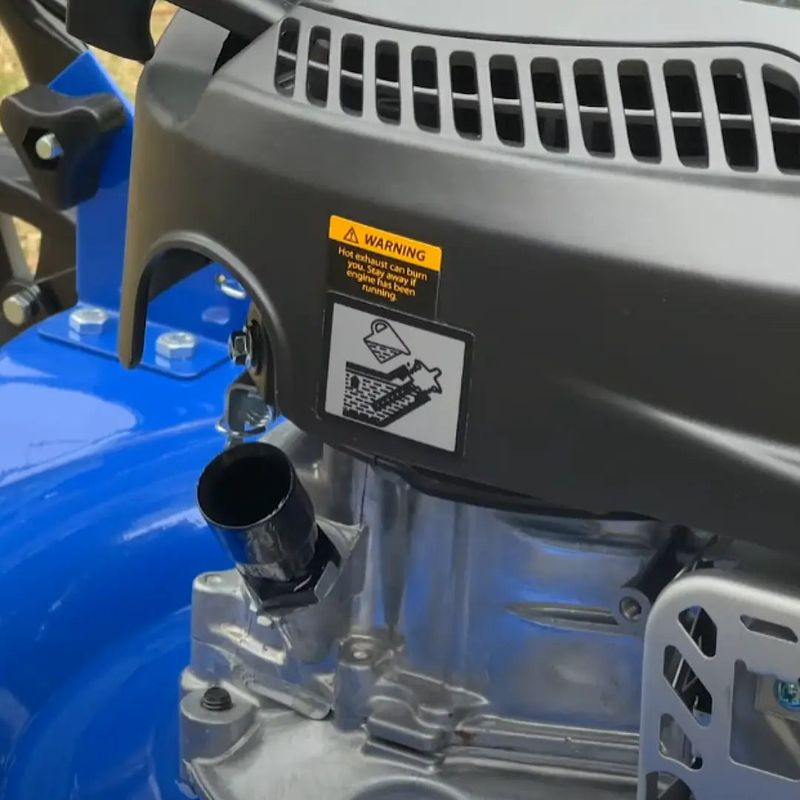
Finding mysterious oil spots on your garage floor? Your mower might be telling you its engine seals are failing. Constantly adding oil between mows signals internal engine wear that rarely improves.
Kentucky’s hilly terrain puts extra strain on engines, accelerating wear. When your mower drinks oil faster than a thirsty dog on a hot day, replacement becomes more economical than fighting a losing battle.
7. Outdated Technology And Efficiency
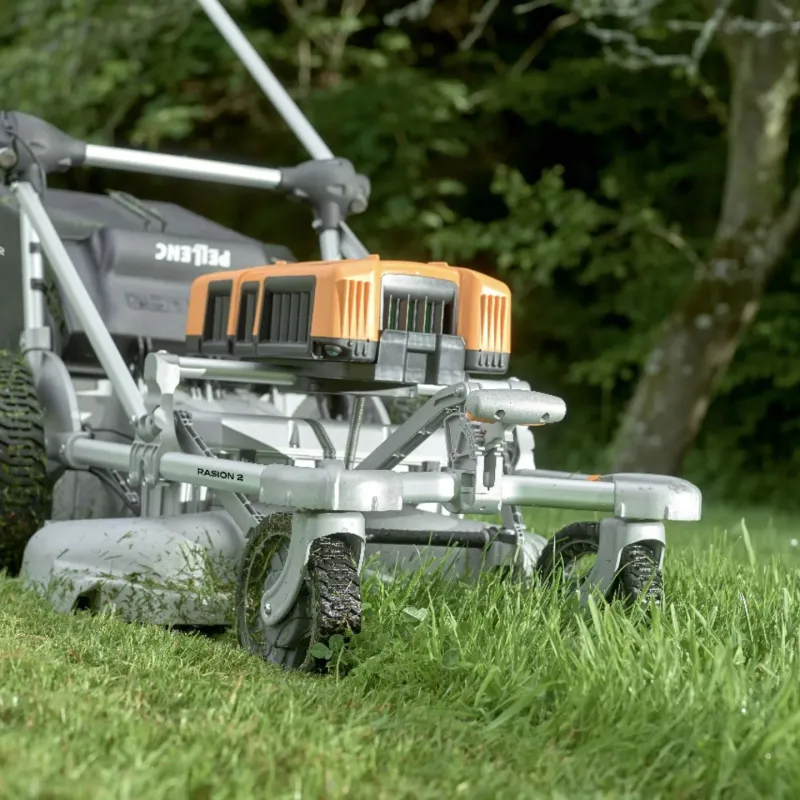
Newer mowers offer significant advantages over models from just 5-10 years ago. Modern engines run cleaner, use less fuel, and start more reliably – important in Kentucky where mowing season stretches from March through November.
Battery technology has improved dramatically for electric models. If you’re nursing along an ancient gas-guzzler while your neighbor breezes through on a quiet, efficient new model, it might be time to upgrade.
8. Struggling With Kentucky’s Thick Grass
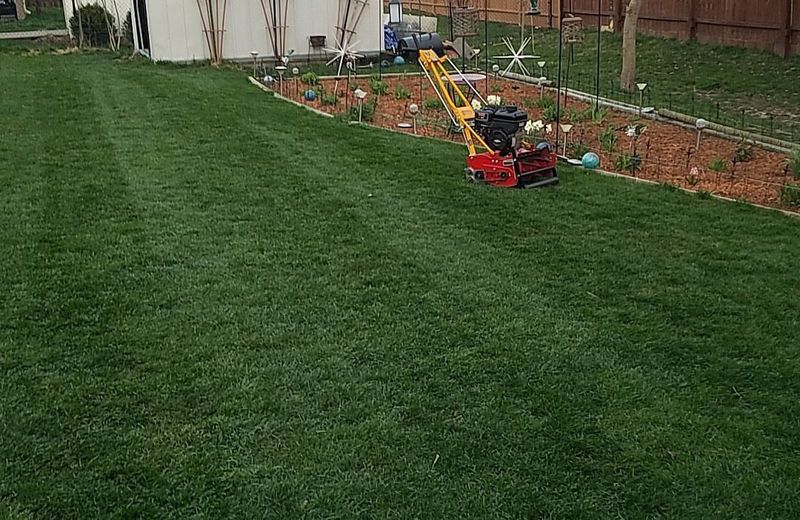
Kentucky bluegrass and tall fescue grow thick and lush in our climate. An aging mower might have handled this vegetation easily when new, but now bogs down or stalls in sections it once cut smoothly.
Engine power naturally decreases with age. When your mower can’t handle the demanding conditions of Kentucky’s robust grass varieties even after a tune-up, it’s fighting a losing battle against nature.


